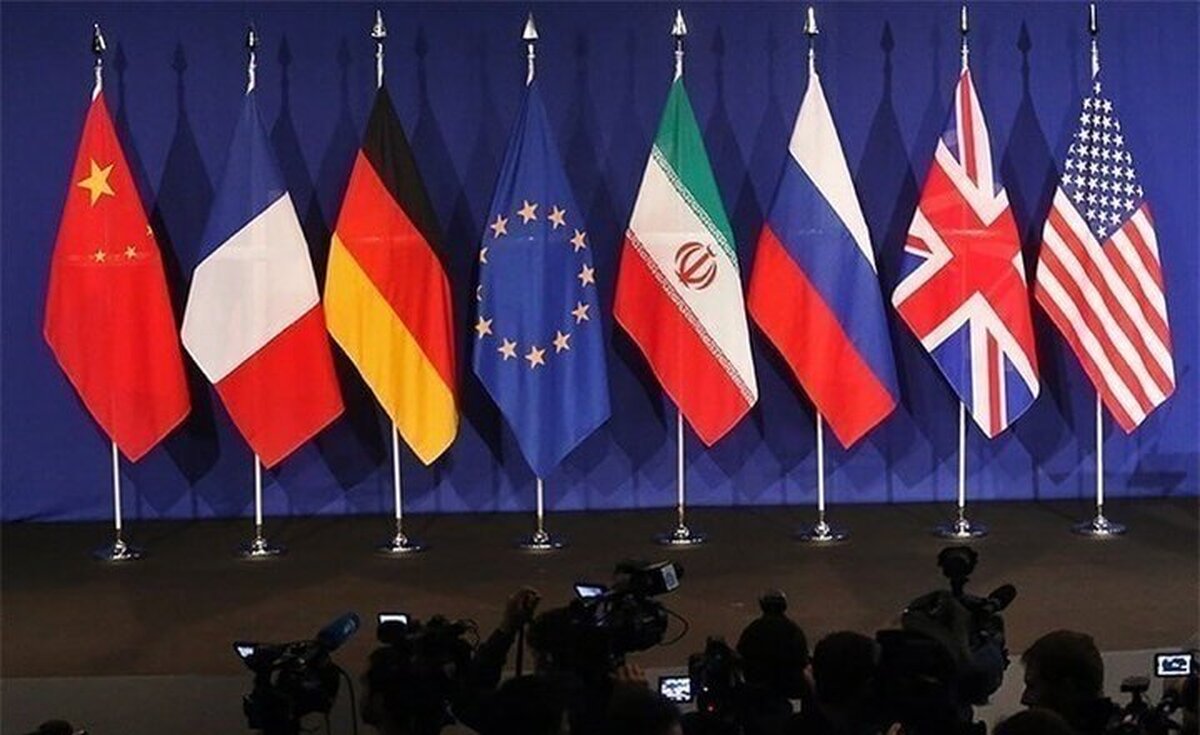
Call for Extraordinary JCPOA Ministerial Meeting
EghtesadOnline: An Iranian lawmaker called for arranging an extraordinary ministerial meeting of the parties to the 2015 nuclear deal to discuss the European countries' recent activation of the agreement's dispute resolution mechanism.
Alireza Rahimi, a member of Majlis Presiding Board, also told ISNA on Saturday Foreign Minister Mohammad Javad Zarif should request this meeting to discuss Europe's new approach.
France, Germany and Britain, the European signatories of the nuclear deal, known as the Joint Comprehensive Plan of Action, triggered the dispute resolution mechanism on Tuesday, a week after Iran took a final step away from its commitments, according to Financial Tribune.
Tehran's reduction of compliance was in response to severe sanctions reimposed by the United States after its withdrawal in 2018 and Europe's inability to ensure Iran enjoys the benefits promised by JCPOA.
Rahimi warned that Europe's emulation of the US approach will result in an "East-West bipolarity" in JCPOA and an eventual collapse of the deal, so it is essential for Iran to mount its defenses at all stages of the dispute resolution process.
Russia and China, the other two parties to the agreement, have so far remained committed and refused to follow American policies toward the agreement.
Two-Way Outcome
The nuclear steps were taken a year after the US exit and in five phases with two-month intervals, so as to allow time for European countries to take effective measures in support of Iran's interests.
Besides, Iranian officials have declared that all the steps are immediately reversible once the country's economic problems are addressed.
"Iran's five phases gave Europe a great opportunity to speed up the fulfillment of its commitments, but they did not make the slightest effort to use this opportunity," the lawmaker said.
Europe did make efforts to offset the effects of sanctions, including the establishment of a financial mechanism called INSTEX (Instrument in Support of Trade Exchanges) that aimed to facilitate trade with Iran through a non-dollar system, but it remained on paper and failed to satisfy Iran's demands.
Under the dispute resolution mechanism, the case would end up in the United Nations Security Council if not addressed, which could result in the "snapback" of global sanctions on Tehran.
Rahimi pointed out that the snapback process has a two-way outcome, meaning once the UN sanctions are revived, Iran will no longer have an obligation to curb its nuclear activities either.
"If activated, the snapback process is mutual and will accelerate Iran's return to its pre-JCPOA conditions in terms of nuclear technology," he said.


